We’ve broken them into three categories based on the resources you need to play them: No Resources Necessary, Paper Games, and Board Games.
NO RESOURCES NECESSARY
Spelling Bee
Spelling bees are a fun way to consolidate your spelling list. We all know kids love a bit of competition so if you want you can create an ongoing leader-board. You can also break the students into two groups and have them compete against each other.
Word Ladders
Pick a word as your starting word (the longer the word, the harder the challenge). Players take turns to change one letter at a time to make a new word. Words can’t be repeated, and the game ends when a player can’t create a new word.
Topic A-Z
To help build topic vocabulary write the alphabet on the board and have your students help you to come up with a relevant word for each letter.
Word Chain
You can use a soft ball for this game or just point. Stand in a circle with your students. Toss the ball to a student then give them a letter, for example: ‘M’. The student then has to spell a word that starts with ‘M’ (e.g. make) and toss the ball back to you. You then toss the ball to another student who has to spell a word that starts with the last letter of the last word, ‘E’. Keep going until all the kids have had a turn.
PAPER GAMES
Tic Tac Toe
Played like traditional Tic Tac Toe except instead of using X’s and O’s students use one of their spelling words. It has the added challenge of kids needing to spell their word right three times in a row.
Battleship
Get students to pair up. Give out grid paper and ask them to pick a 5 letter word, a 4 letter word, two 3 letter word and a 2 letter word. They should then arrange the words like ships and play the game as usual. When one of their ‘ships’ is sunk, they have to say their word out-loud then spell it.
Word Scramble (anagrams)
This website has lists of common words that can be anagrammed. Kids can work out anagrams with just a pencil and paper. If you want to make it a bit easier for them, write each letter of the source word on a separate small piece of paper so the students can physically rearrange the letters to form new words.
Board Games
Scrabble is the obvious game that comes to mind when thinking about fun ways to practise making words, but games can often be quite long, so it’s not great as a time filler.
Connect Four
Use small pieces of masking tape to write letters on the Connect Four tokens. Make sure you’ve got some extra vowels, so it is easier to form words. Have the kids try and make words with their letter tokens. You can play until one manages to make a four-letter word or students can keep playing until they are out of words to make. If you go with the second option, the child with the most words wins.
Word Puzzles
Get a cheap puzzle or one that is missing some pieces. Put the puzzle together then break it into chunks with one piece for each letter or syllable depending on how complicated you want to make it. Turn the puzzle chunks over to the blank side and write out the words. Break up the pieces and give them to your child to puzzle back together. There are all sorts of ways to make this game harder or easier depending on the age and skill of your students.
All free resources are updated fortnightly. If this freebie is not available visit HERE to grab the latest free resource on us!
Never miss a classroom activity we create. All activities have been added to the Lizard Learning Club PLUS Membership.
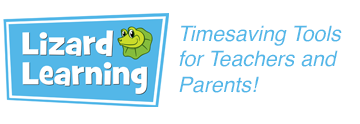
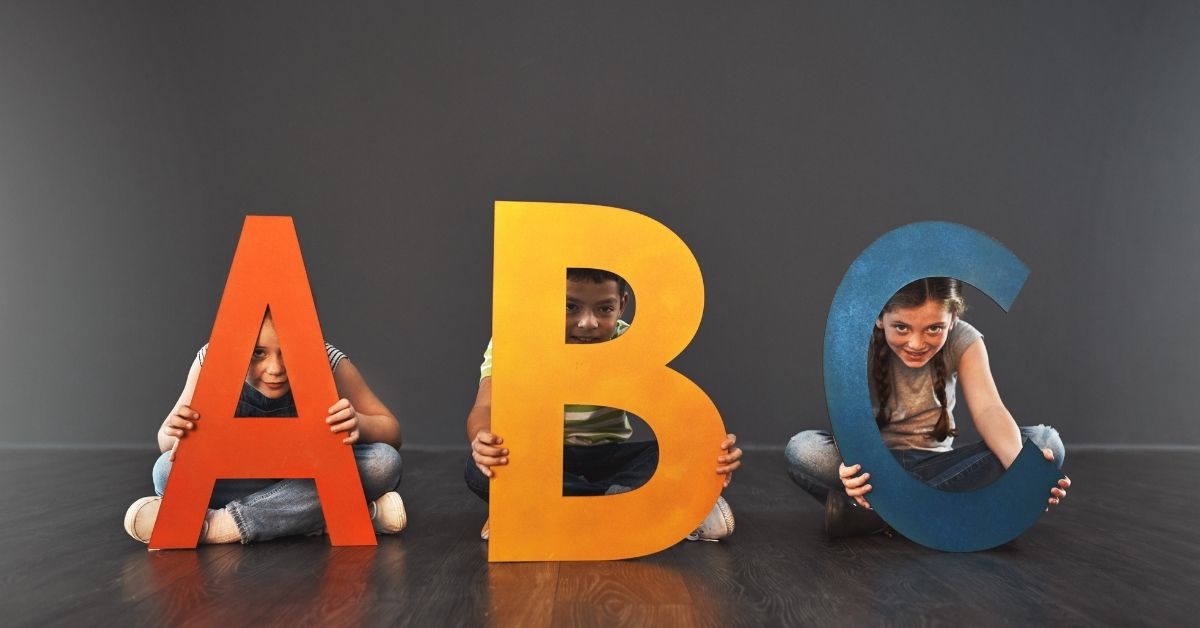
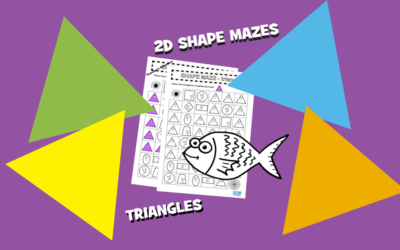
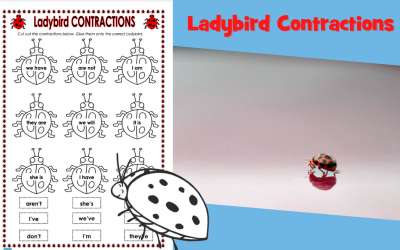
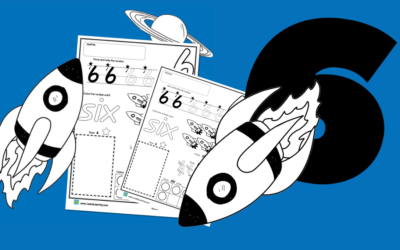
0 Comments